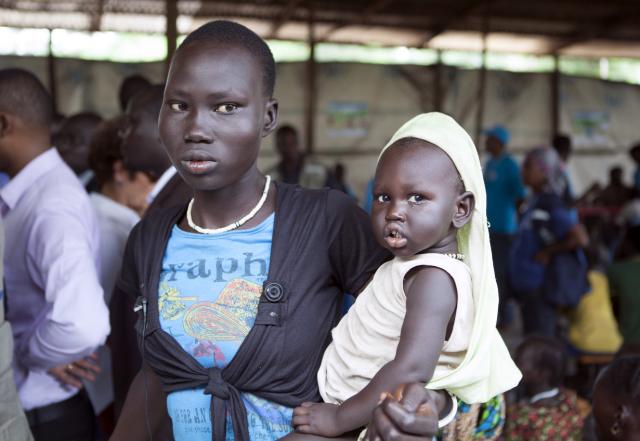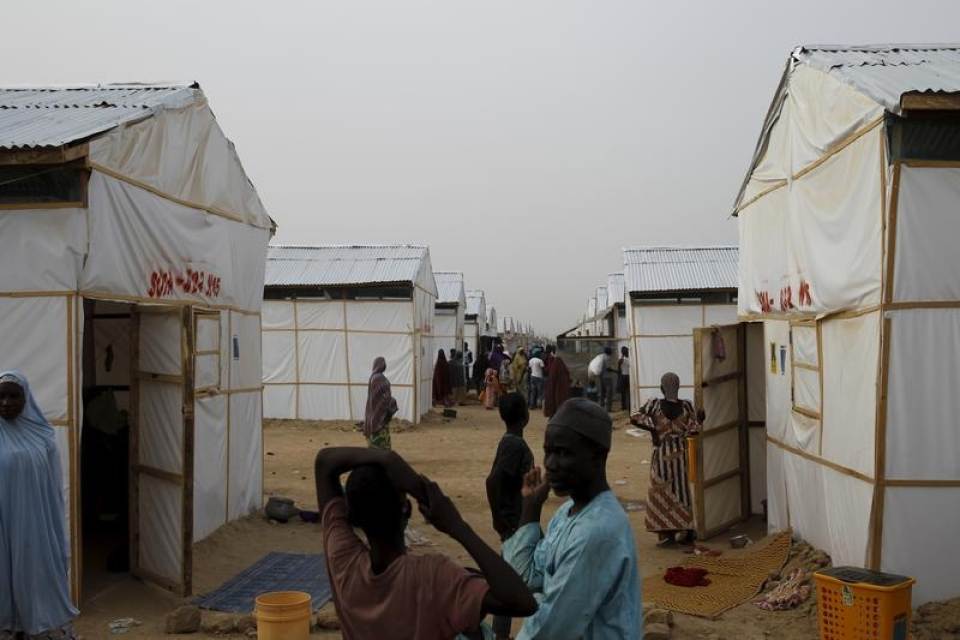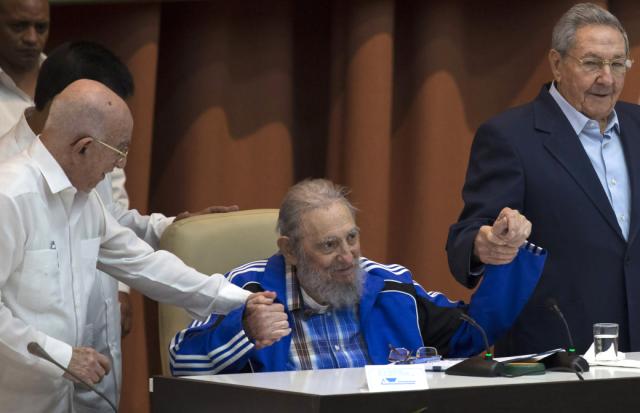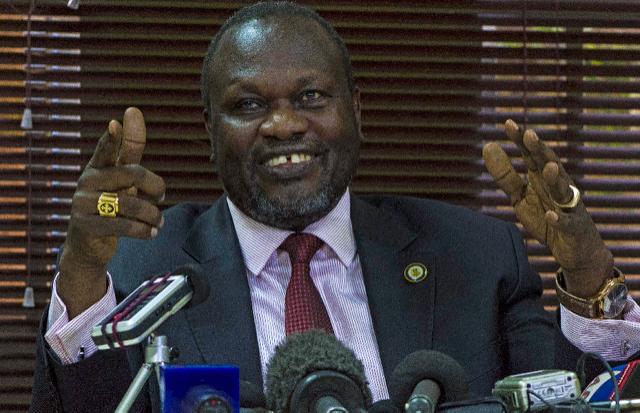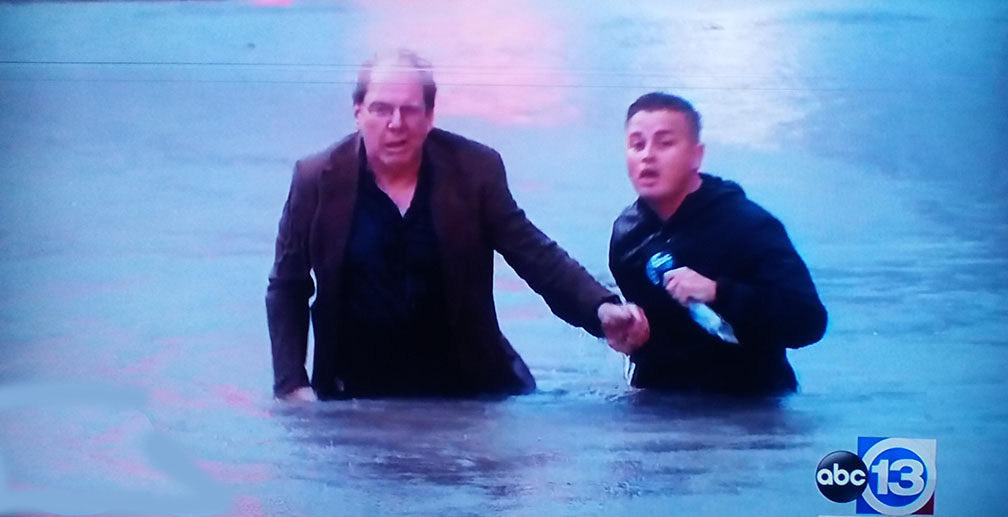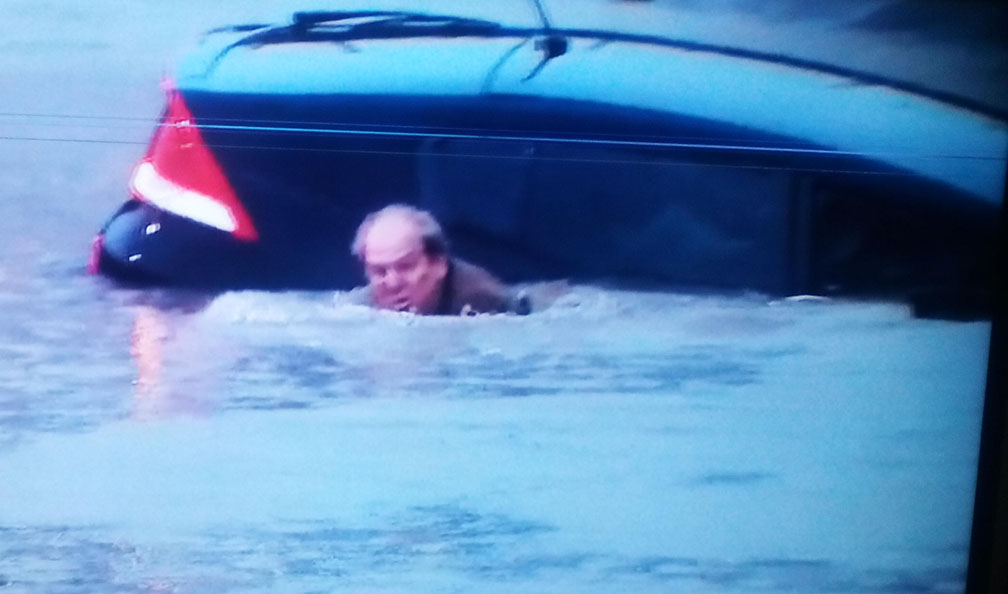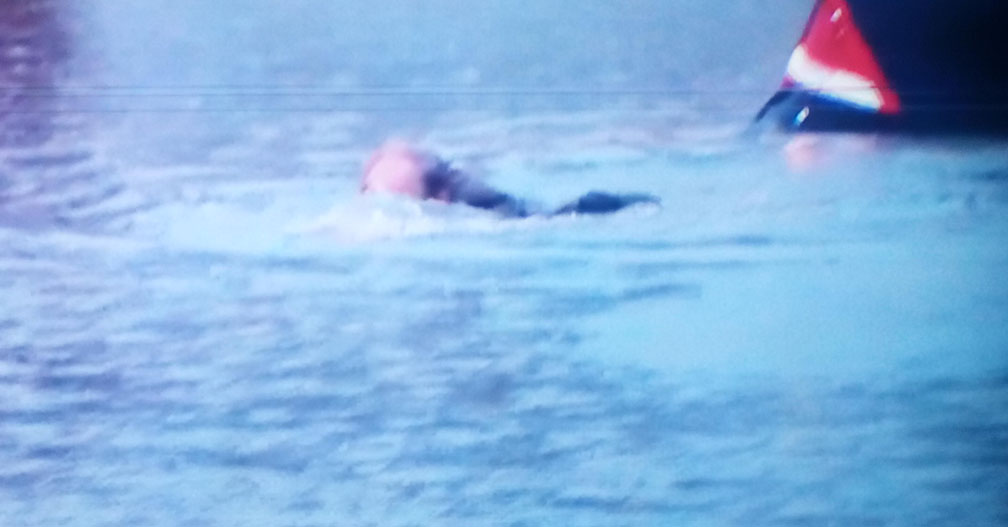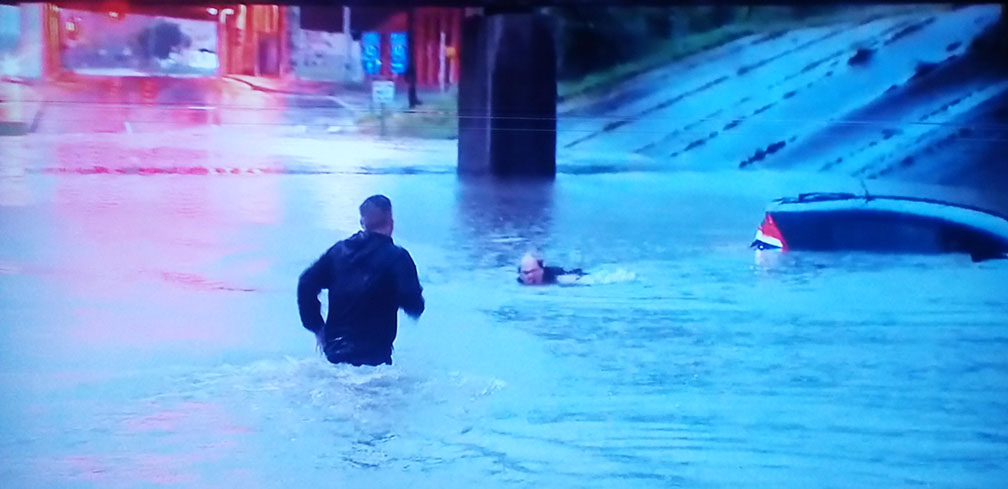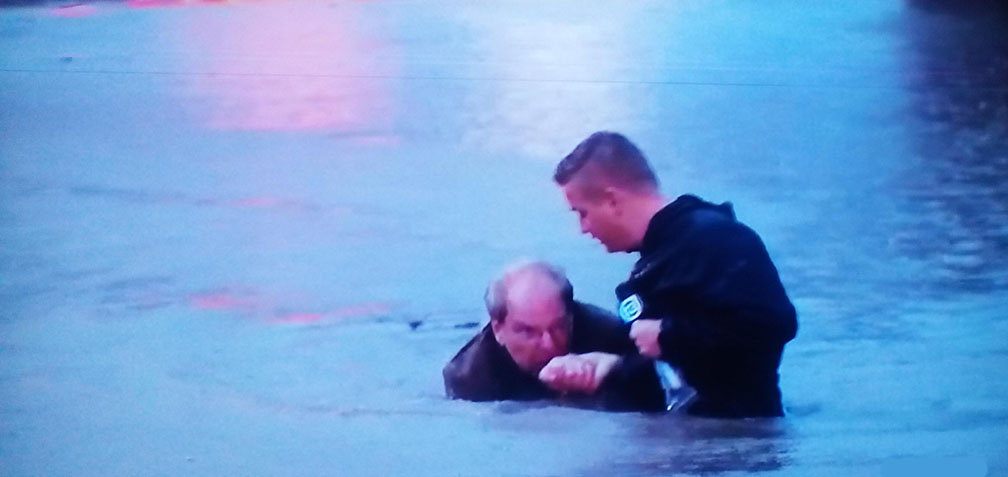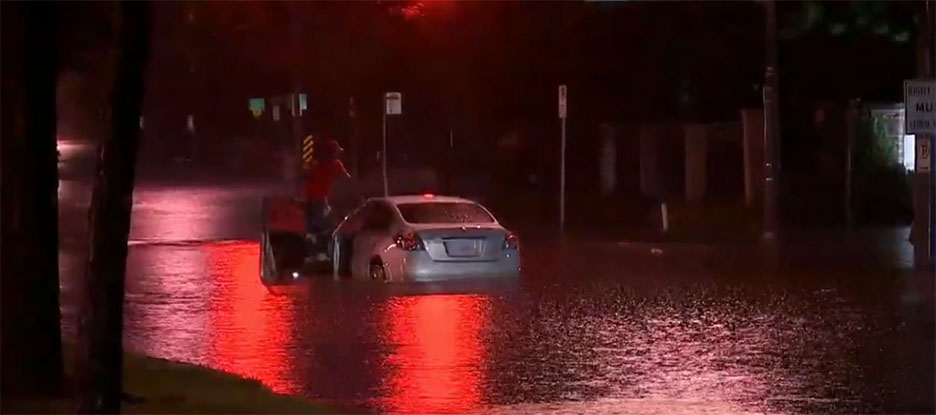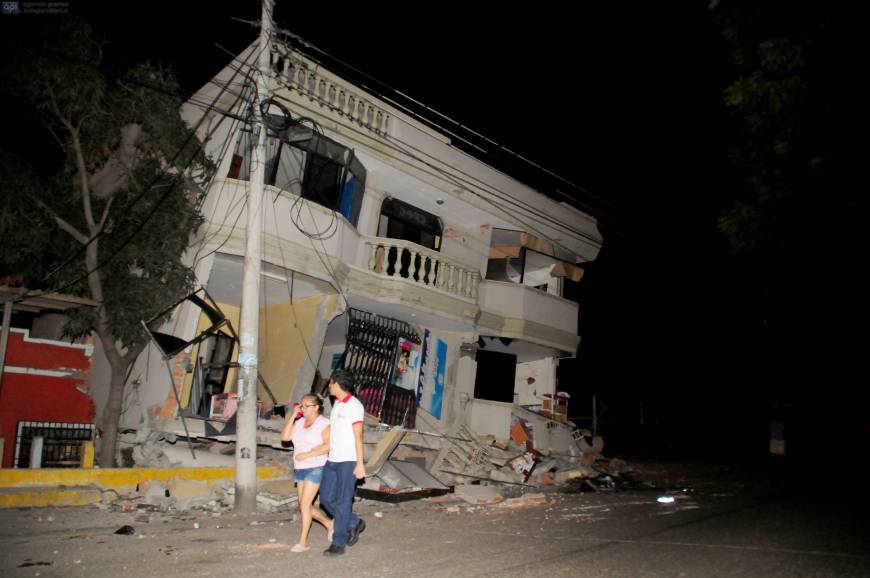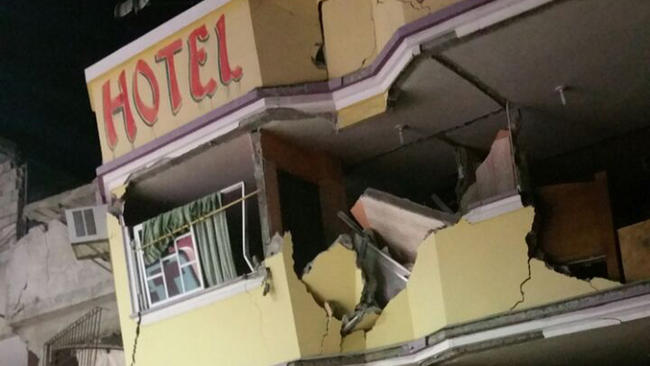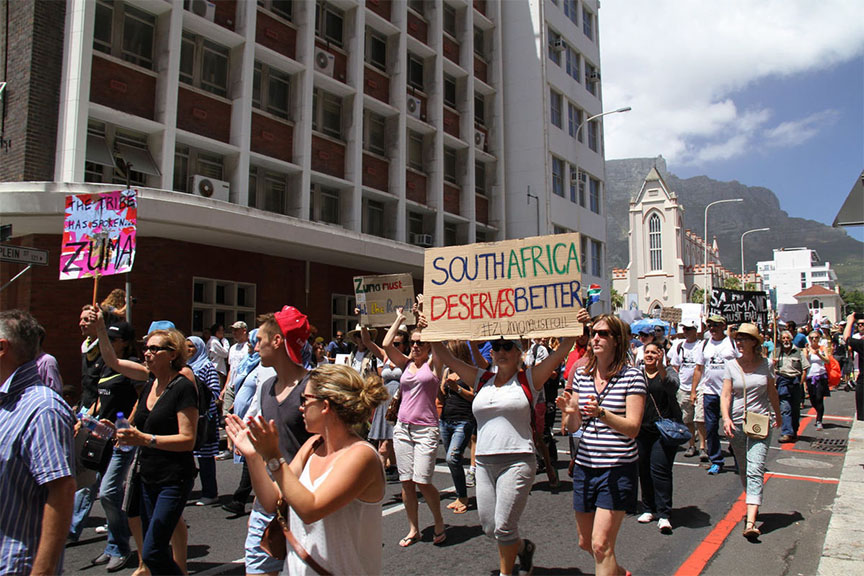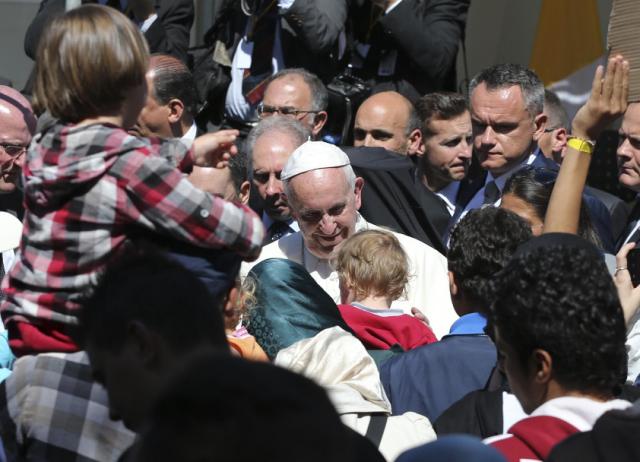
MORIA, Greece (AP) — Pope Francis gave Europe a concrete lesson Saturday in welcoming refugees by bringing 12 Syrian Muslims to Italy aboard his charter plane after an emotional visit to the Greek island of Lesbos, which has faced the brunt of Europe’s migration crisis.
Refugees on the overwhelmed island fell to their knees and wept at his presence.
The Vatican said Francis wanted to make a “gesture of welcome” at the end of his five-hour visit to Lesbos, where he implored Europe to respond to the migrant crisis on its shores “in a way that is worthy of our common humanity.” The Greek island just a few miles from the Turkish coast has seen hundreds of thousands of desperate people land on its beaches and rocks in the last year, fleeing war and poverty at home.
“Today I renew my heartfelt plea for responsibility and solidarity in the face of this tragic situation,” Francis said.
The pope visited Lesbos alongside the spiritual leader of the world’s Orthodox Christians and the head of the Church of Greece to thank the Greek people for their welcome and highlight the plight of refugees as the European Union implements a controversial plan to deport them back to Turkey.
Many refugees wept at Francis’ feet as he and the two Orthodox leaders approached them at the Moria refugee detention center, where they greeted 250 people individually. Others chanted “Freedom! Freedom!” as the religious leaders passed by.
Francis bent down as one young girl knelt at his feet, sobbing uncontrollably. Clearly moved, the pope also blessed a man who wailed “Thank you, God. Thank you! Please Father, bless me!” A woman told Francis that her husband was in Germany but that she was stuck with her two sons in Lesbos.
The Vatican said the three Syrian families, including six children, who were taken back with the pope will be supported by the Holy See and cared for initially by Italy’s Catholic Sant’Egidio Community, which has been active in providing assistance to refugees.
Two of the families hail from Damascus and the third from Deir el-Zour, a city close to the Iraqi border that the Islamic State group has been besieging for months, leading to malnutrition among 200,000 people living in the area.
“Their homes had been bombed,” the Vatican said of the three families.
At a ceremony in the port of Lesbos to thank Greeks, Francis said he understood Europe’s concern about the recent migrant influx. But he said migrants are first of all human beings “who have faces, names and individual stories” and deserve to have their most basic human rights respected.
“God will repay this generosity,” he promised.
In his remarks to the refugees, Francis said they should know that they are not alone and shouldn’t lose hope. He said he wanted to visit them to hear their stories and to bring the world’s attention to their plight.
“We hope that the world will heed these scenes of tragic and indeed desperate need, and respond in a way worthy of our common humanity,” he said. “May all our brothers and sisters on this continent, like the Good Samaritan, come to your aid in the spirit of fraternity, solidarity and respect for human dignity that has distinguished its long history.”
Human rights groups have denounced the EU-Turkey deportation deal as an abdication of Europe’s obligation to grant protection to asylum-seekers.
The March 18 deal stipulates that anyone arriving clandestinely on Greek islands on or after March 20 will be returned to Turkey unless they successfully apply for asylum in Greece. For every Syrian sent back, the EU will take another Syrian directly from Turkey for resettlement in Europe. In return, Turkey was granted billions of euros to deal with the more than 2.7 million Syrian refugees living there and promised that its stalled accession talks with the EU would speed up.
Making sure not to violate the deal, the Vatican said the 12 Syrians coming to Italy with the pope had been in Lesbos prior to March 20, and thus were not subject to possible deportation.
During the visit, Francis, Ecumenical Patriarch Bartholomew I and the archbishop of Athens, Ieronymos II, signed a joint declaration calling on the international community to make the protection of human lives a priority and to extend temporary asylum to those in need.
The declaration also called on political leaders to use all means to ensure that everyone, particularly Christians, can remain in their homelands and enjoy the “fundamental right to live in peace and security.”
“The world will be judged by the way it has treated you,” Bartholomew told the refugees. “And we will all be accountable for the way we respond to the crisis and conflict in the regions that you come from.”
Francis and the two Orthodox leaders, officially divided from Catholics over a 1,000-year schism, lunched with eight of the refugees to hear their stories of fleeing war, conflict and poverty and their hopes for a better life in Europe. They then went to the island’s main port to pray together and toss a floral wreath into the sea in memory of those who didn’t make the journey — hundreds of people this year alone.
Upon his arrival in Greece, Francis met Greek Prime Minister Alexis Tsipras at the airport and thanked him for the “generosity” shown by the Greek people in welcoming foreigners despite their own economic troubles.
Tsipras said he was proud of Greece’s response “at a time when some of our partners — even in the name of Christian Europe — were erecting walls and fences to prevent defenseless people from seeking a better life.”
Hours before Francis arrived, the European border patrol agency Frontex intercepted a dinghy carrying 41 Syrians and Iraqis off the coast of Lesbos. The refugees were detained and brought to shore in the main port of Mytilene.
The son of Italian immigrants to Argentina, Francis has made the plight of refugees, the poor and downtrodden the focus of his ministry as pope, denouncing the “globalization of indifference” that the world shows the less fortunate.
The wreath-tossing ceremony is a gesture Francis first made when he visited the Italian island of Lampedusa in 2013, his first trip outside Rome as pope, after a dozen migrants died trying to reach the southern tip of Europe. He made a similar gesture at the U.S.-Mexican border, laying a bouquet of flowers next to a large crucifix at the Ciudad Juarez border crossing in memory of migrants who died trying to reach the U.S.
